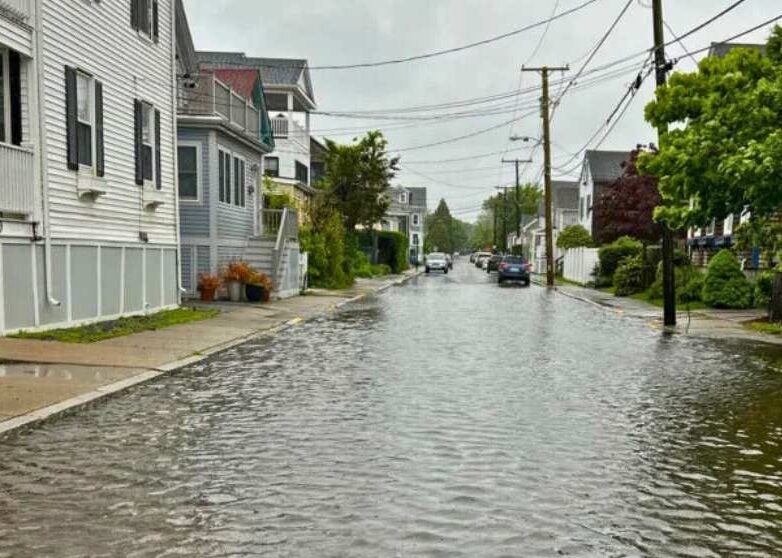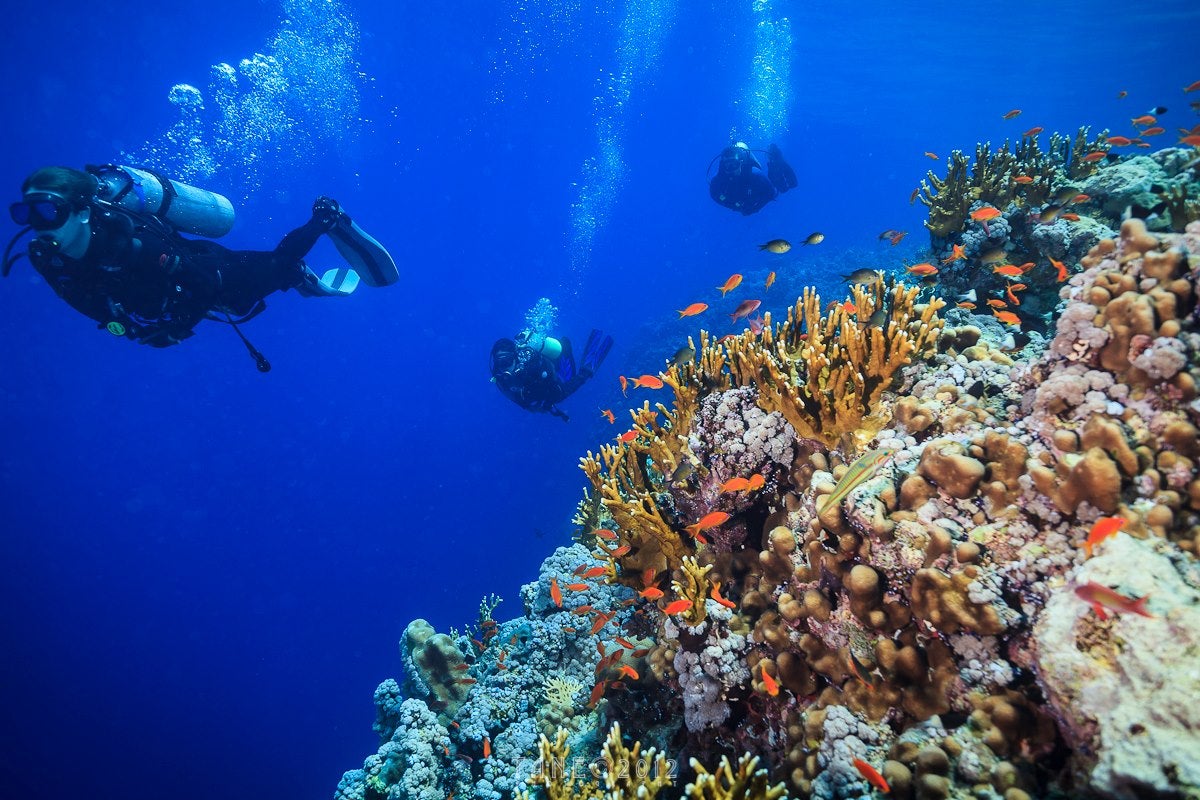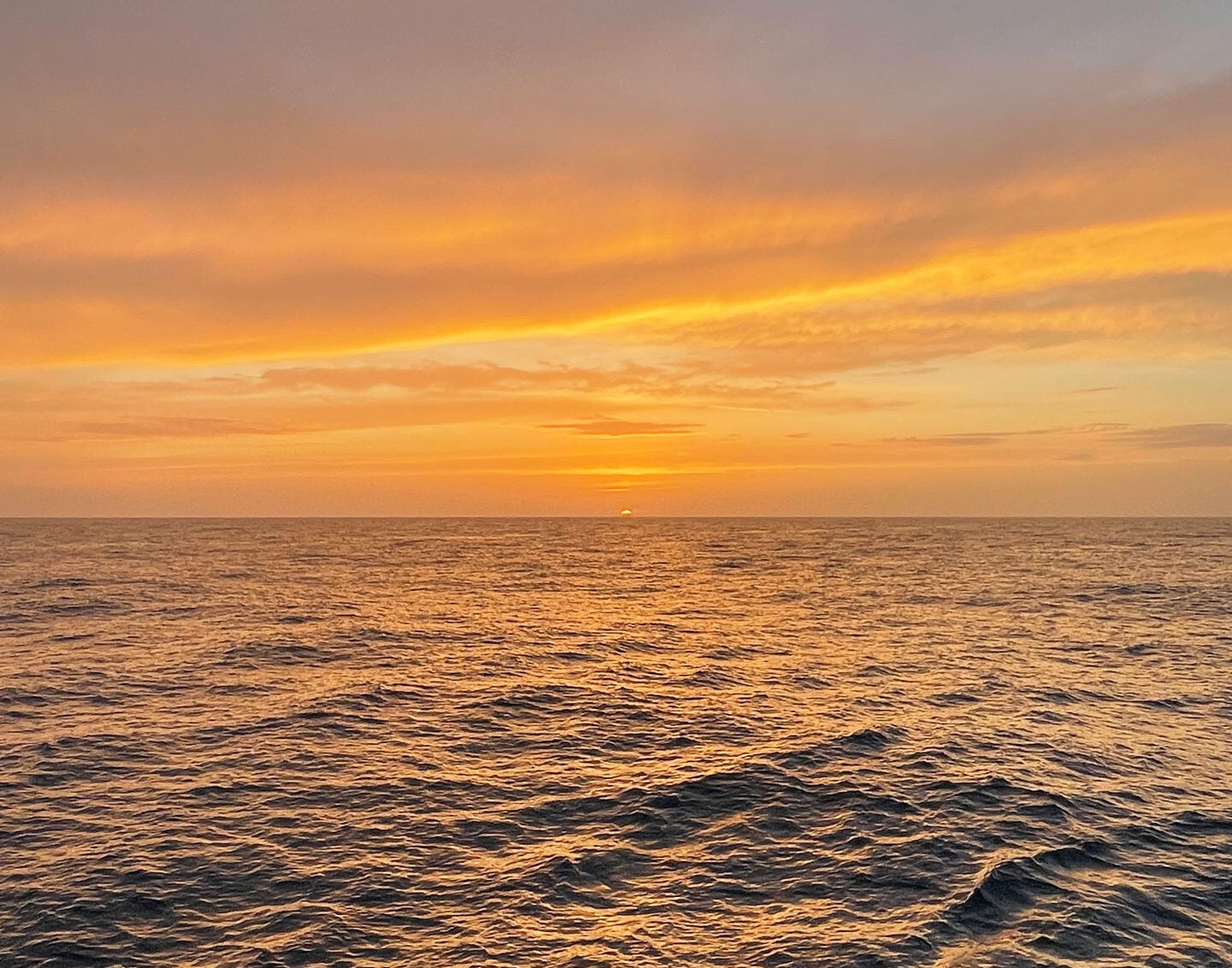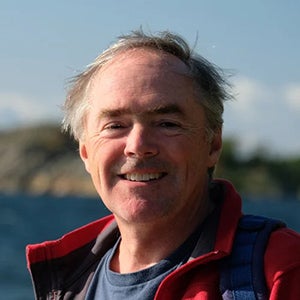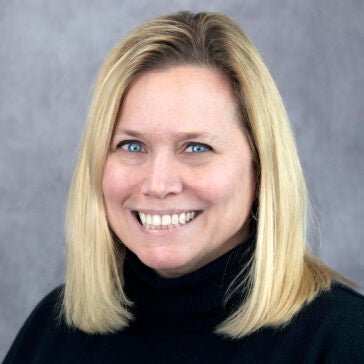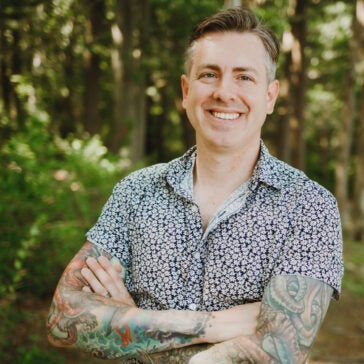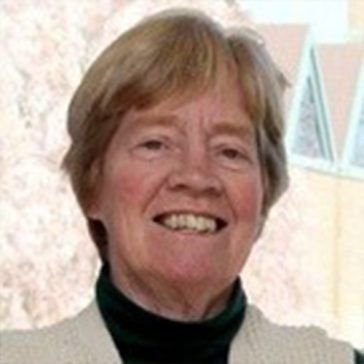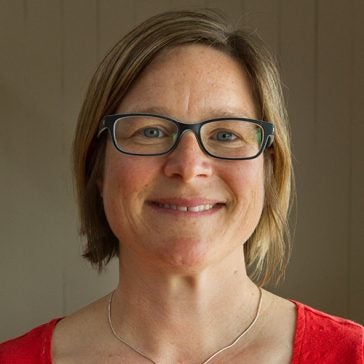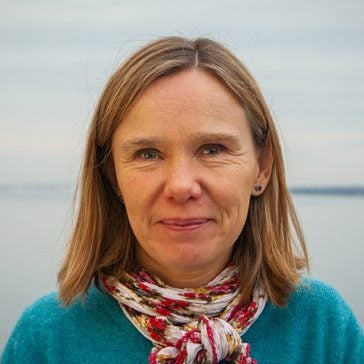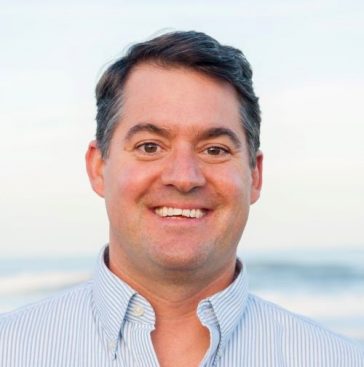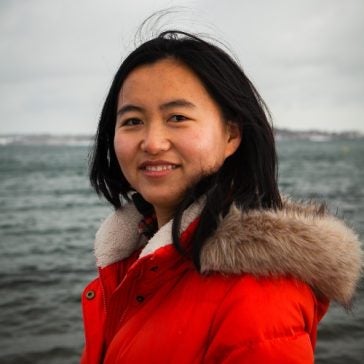How is GSO contributing to climate resiliency efforts locally and around the world?
As climate change continues to impact environments worldwide, communities are facing increasing challenges from extreme weather events, sea-level rise, and human-induced activities. Leveraging our expertise in ocean science and coastal management, GSO stands at the forefront of research and innovation dedicated to comprehensively addressing climate resilience. Through interdisciplinary collaborations and pioneering research initiatives, we are committed to understanding and mitigating the impacts of climate change and paving the way for a more sustainable and resilient future.
In the news
Climate Resilience Research
| Name | Leaders | Themes |
|---|---|---|
| Coastal Resources Center | Jennifer McCan Elin Torrell | The CRC helps communities become more effective stewards of their coastal/marine resources by partnering with stakeholders to apply science and find solutions to societal issues |
| Rhode Island Sea Grant | Tracey Dalton | RISG is one of 34 programs in the National Sea Grant College Program working to enhance environmental stewardship and long-term economic development and responsible use of coastal and marine resources. |
| McMahon Ocean Ecogeochemistry Lab | Kelton McMahon | The McMahon lab examines the roles that food web architecture play in the function and resilience of marine ecosystems, and how climate change and human-environment interactions alter those relationships. |
| Ocean Carbon Lab | Hongjie Wang | The Ocean Carbon Lab studies the biogeochemistry of seawater and sediments in the contexts of coastal aquaculture, ocean alkalinity enhancement, ocean acidification and marine CO2 removal. |
| The Robinson Lab | Rebecca Robinson | Biogeochemistry and paleoceanography: our research focuses on the grand chemical cycles of nitrogen and carbon in the marine environment. |
| Marine Ecosystems Research Laboratory | Candace Oviatt | MERL has several current research projects focusing on climate change, primary production, and organism metabolism within Narragansett Bay. |
| Fish Trawl Survey | Jeremy Collie | With over 65 years of data, the GSO Fish Trawl Survey is one of the longest continuous records of fish and invertebrate relative abundance in the world. |
| The Narragansett Bay Long-Term Plankton Time Series | Tatiana Rynearson | Beginning in 1957, weekly samples have been collected to assess the phytoplankton community and characterize the physical parameters of Narragansett Bay, making it one of the world’s longest-running plankton surveys. |
| Walsh COAST Lab | J.P. Walsh | The COAST Lab uses GIS, sediment coring, seafloor mapping, process measurements and laboratory analyses to determine how materials move and accumulate along shorelines and in the sea. |
| Ocean Circulation and Biogeochemistry Lab | Jaime Palter | The lab studies ocean circulation in order to understand the cycling of carbon, oxygen, nutrients, and the ocean’s role in climate. |
| Hurricane Modeling Group | Isaac Ginis Tetsu Hara | Our research interests focus on the structure, variability, and dynamics of the coupled ocean-atmosphere system from small to large space and time scales. |
| Wei Lab | Matt Wei | The lab uses geophysical data, numerical models, and machine learning to study tectonics and earthquakes. |
Principal Investigators | Climate Resilience
Professor of Oceanography
401.874.6859
jcollie@uri.edu
Interim Dean; Professor of Oceanography
401.874.6808
dhondt@uri.edu
Director, Rhode Island Sea Grant
Professor of Oceanography
401.874.6484
iginis@uri.edu
Professor of Oceanography
401.874.6509
tetsuhara@uri.edu
Associate Professor of Oceanography
401.874.6944
kelton_mcmahon@uri.edu
Professor of Oceanography
401.874.6661
coviatt@uri.edu
Professor of Oceanography
401.874.6022
rynearson@uri.edu
Director
401.874.6103
elintorell@uri.edu
Professor of Oceanography
401.874.6233
jpwalsh@uri.edu
Assistant Professor of Oceanography
401.874.6141
hwang@uri.edu
Associate Professor of Oceanography
401.874.6530
matt-wei@uri.edu

